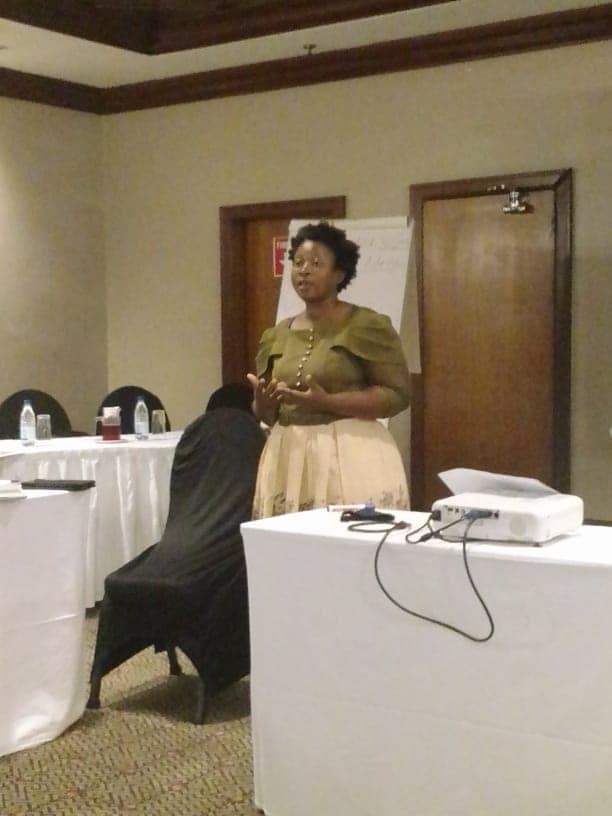|
Getting your Trinity Audio player ready...
|
The Musasa Project recorded a two-fold increase in gender-based violence (GBV) cases between 2019 and 2020, the organisation’s advocacy and communication officer, Rotina Mafume-Musara has said.
Mafume-Musara was addressing journalists at the two-day community reporting workshop organised by the Zimbabwe Union of Journalists (ZUJ) that kicked off in Harare yesterday.
Musasa offers among other services, counselling, legal, livelihood and economic support, as well as urban and rural community shelters to survivors of gender-based violence.
“We respond to women and girls affected by GBV. We have noted that GBV cases increase during pandemics and disasters. Thus, poverty, economic stress, and COVID-19 have increased GBV cases. In 2019, we recorded above 20 000 GBV cases but by the end of 2020, we recorded above 40 000 cases,” she said.
Mafume-Musara said on a daily basis, people read a lot of stories about women and girls facing gender-based violence, and more than half-the-time, the stories are biased against the survivors of GBV.
“The media should do better and improve its reportage on GBV. We have often witnessed stories laden with stereotypes. For example, we have come across a story like “Granny beaten by young lover (Ben10)”. This story has already kind of apportioned blame to the granny. We know that journalists stand between the need for selling and reporting the story, but we need to strike a balance to protect the survivor of GBV.
“Society tends to blame the survivor for reporting late about the abuse. It’s difficult to express our sexual experiences even with our partners or even in marriage. These conversations are uncommon. If a stranger forces themselves on a woman, the intricate details about how the women were raped are not easy to describe. Issues around sex and sexuality are private spaces. While journalists have a right to document such stories, we often find people asking: Why was the woman walking alone in the dark? Why did the woman remain silent until the accused assumed a higher position? As journalists, we need to safeguard the people we are reporting about. We need to ask ourselves: Won’t our story traumatise the survivors?” Mafume-Musara said.
Zimbabwe is coming from a history of hegemonic masculinity, and a society where male chauvinism is the order of the day. The media is an important tool to transform societies. They are the agents of change and should be responsive advocates towards the eradication of GBV. Journalists are not allowed to reveal personal information about survivors of rape.
Musasa also works with men’s organisations like Padare to prevent GBV. It also works with communities to prevent GBV. It also engages local leadership and encourages women to realise their own agency and to demand accountability from policymakers.
At a higher level, Musasa is engaging policymakers to push a Bill on mandatory sentence on rape. It is also working on the Complaints Mechanism Bill effected in November last year. The Bill should be put into effect. The organisation is also involved in counselling and providing legal support to survivors of GBV. In addition, it encourages self-help projects like goat and chicken rearing to capacitate women as well as offering family re-integration programs before women are sent out of the shelters.
DISCLAIMER: This publication was produced with the financial support of the European Union (EU) and the contents are solely the responsibility of Spiked Online Media and don’t necessarily reflect the views of the EU.






